Mohammed Oudeh, 1937–2010
The terrorist who planned the attack at the Munich Olympics
A free daily email with the biggest news stories of the day – and the best features from TheWeek.com
You are now subscribed
Your newsletter sign-up was successful
Organizers of the 1972 Munich Olympic Games promoted the competition as “the carefree Games.” But it turned into a horror show after eight Palestinian terrorists, organized and directed by Mohammed Oudeh, took 11 members of the Israeli team hostage. They killed two athletes during the assault, and the rest were killed, along with five hostage-takers, during a botched rescue attempt. Oudeh never expressed remorse for the atrocity. “Would you believe me if I tell you that if I had to do it all over, I would?” he said in 2008.
Oudeh, who died last week in Syria, was better known in the Arab world by his nom de guerre, Abu Daoud, said The Washington Post. Born in Jerusalem, he lived there—teaching school and earning a law degree—until 1967, when Israeli forces captured the eastern part of the city in the Six-Day War. He fled to Jordan, where he joined Black September, a militant offshoot of the Palestinian leader Yasser Arafat’s Fatah organization.
Oudeh conceived of the Munich assault as a way to draw world attention to the Palestinians’ plight, said the Associated Press. “Before Munich, we were simply terrorists,” he said in 2006. “After Munich, at least people started asking, ‘Who are these terrorists? What do they want?’” He did not take part in the operation, reportedly issuing final instructions to the terrorist squad over dinner in a Munich restaurant the night before the attack.
The Week
Escape your echo chamber. Get the facts behind the news, plus analysis from multiple perspectives.

Sign up for The Week's Free Newsletters
From our morning news briefing to a weekly Good News Newsletter, get the best of The Week delivered directly to your inbox.
From our morning news briefing to a weekly Good News Newsletter, get the best of The Week delivered directly to your inbox.
In the ensuing years, Israeli agents assassinated several top Palestinian officials believed to have been involved in the massacre. But Oudeh remained at large, said The New York Times, though his role in the atrocity “was well-known to American and Israeli officials.” His closest brush with death came in 1981, when a gunman shot him three times while he sat in a Warsaw coffee shop. After that incident, “he lived in exile and on the run” in Eastern Europe, Jordan, and the West Bank. He died of kidney failure, a few days after issuing a statement vowing that his grandchildren would continue to fight Israel.
A free daily email with the biggest news stories of the day – and the best features from TheWeek.com
-
 The environmental cost of GLP-1s
The environmental cost of GLP-1sThe explainer Producing the drugs is a dirty process
-
 Greenland’s capital becomes ground zero for the country’s diplomatic straits
Greenland’s capital becomes ground zero for the country’s diplomatic straitsIN THE SPOTLIGHT A flurry of new consular activity in Nuuk shows how important Greenland has become to Europeans’ anxiety about American imperialism
-
 ‘This is something that happens all too often’
‘This is something that happens all too often’Instant Opinion Opinion, comment and editorials of the day
-
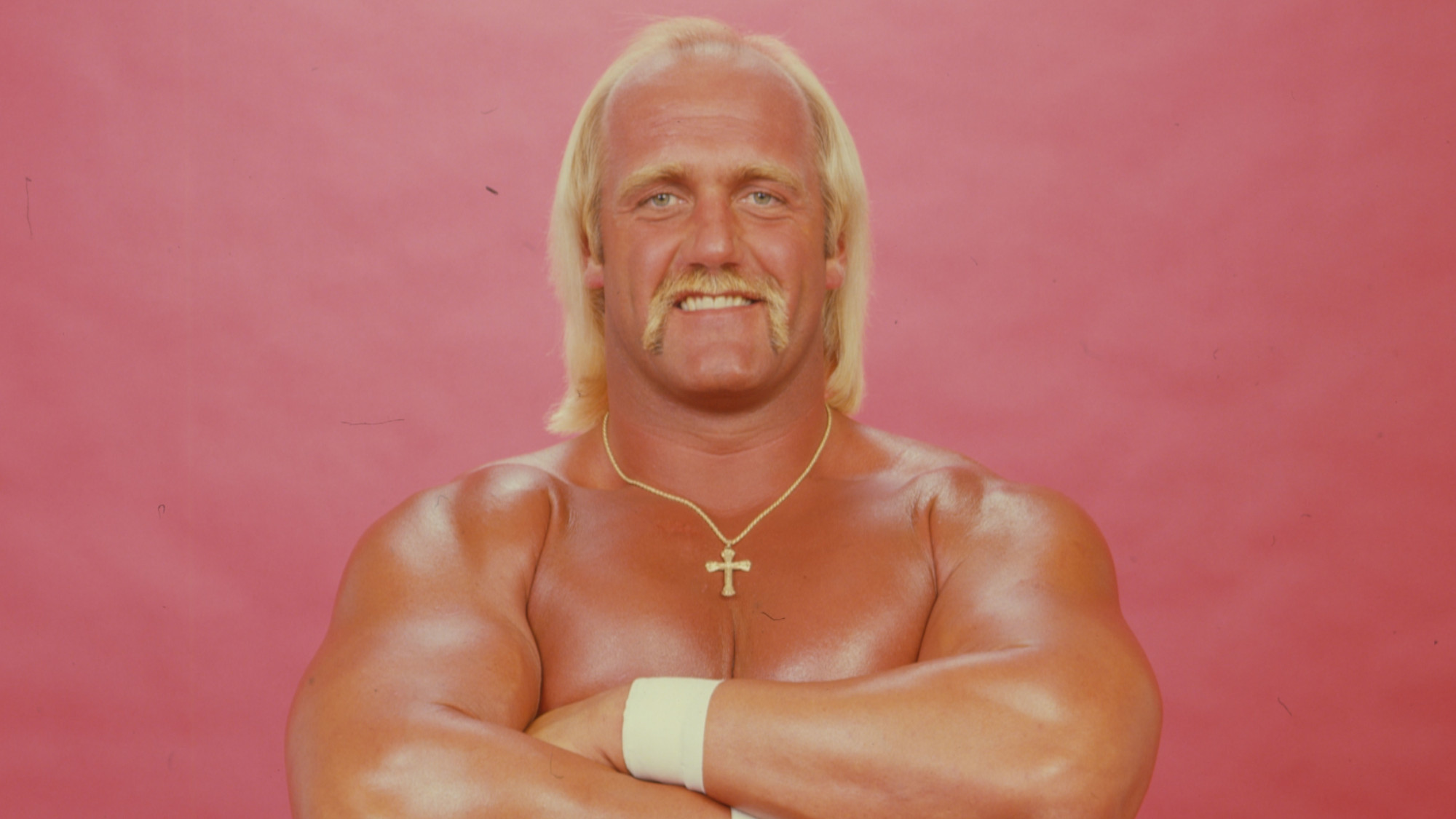 Hulk Hogan
Hulk HoganFeature The pro wrestler who turned heel in art and life
-
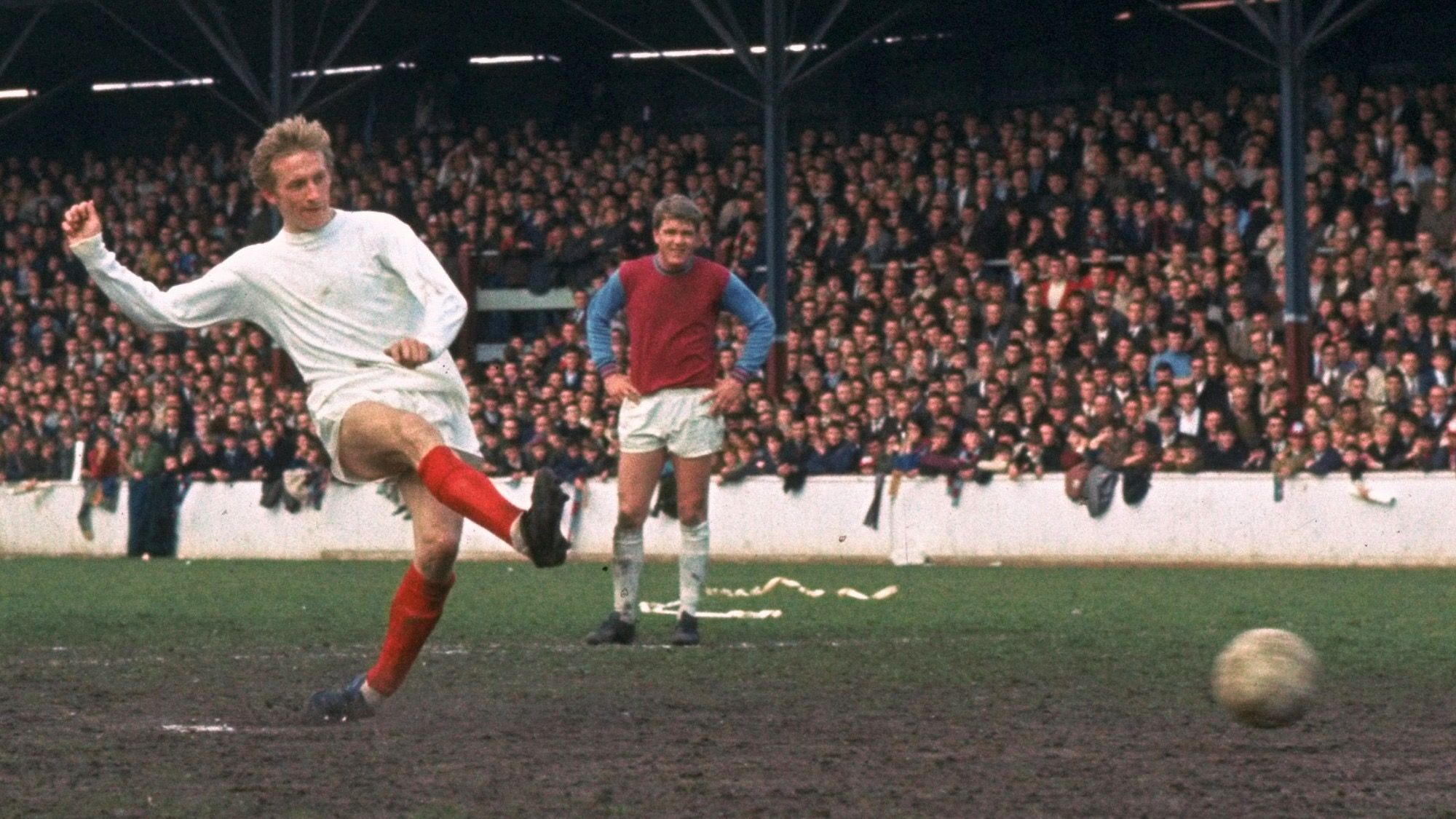 Denis Law obituary: fond farewell to 'the King of the Stretford End'
Denis Law obituary: fond farewell to 'the King of the Stretford End'In the Spotlight Scottish footballer who was one of Manchester United's 'Holy Trinity' has died aged 84
-
 Geoff Capes obituary: shot-putter who became the World’s Strongest Man
Geoff Capes obituary: shot-putter who became the World’s Strongest ManIn the Spotlight The 'mighty figure' was a two-time Commonwealth Champion and world-record holder
-
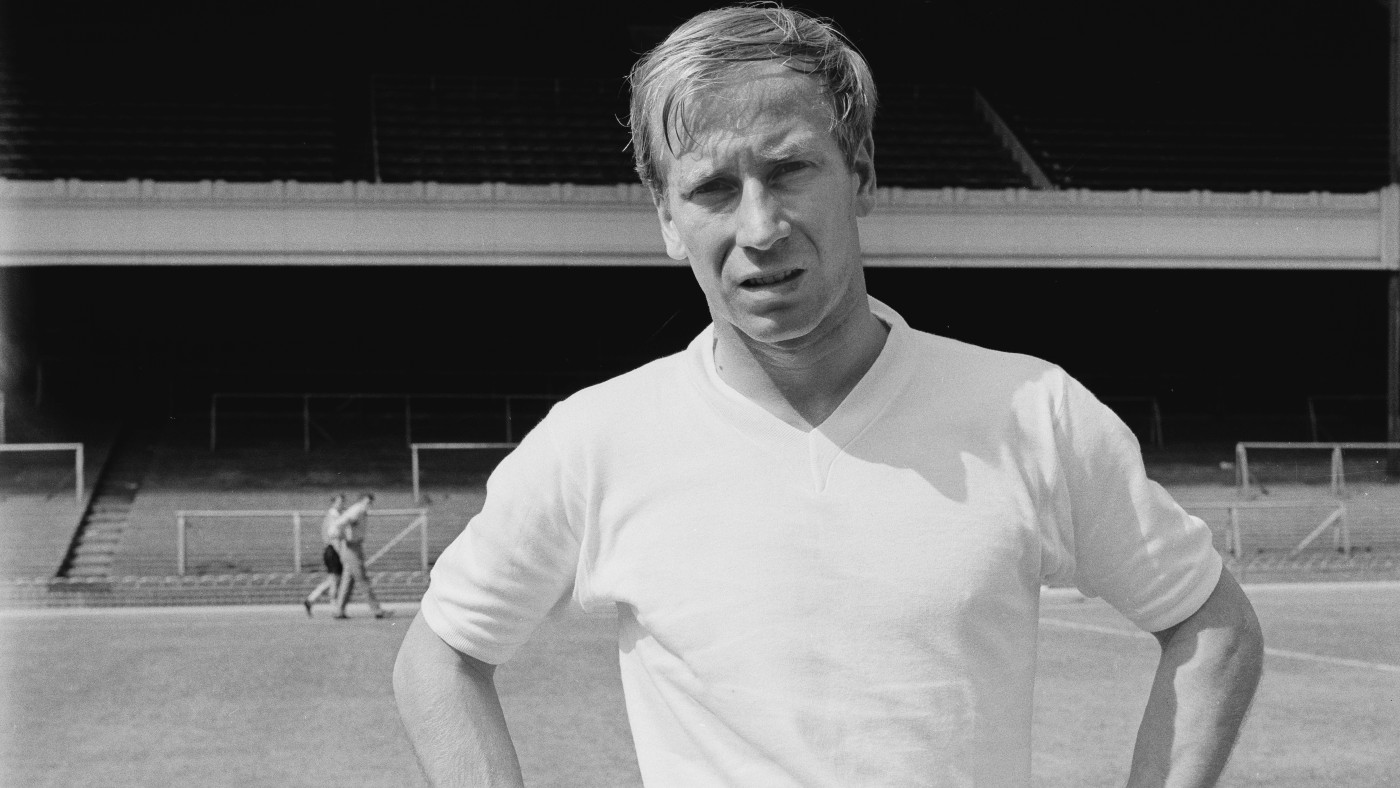 Bobby Charlton: England's old-fashioned sporting hero
Bobby Charlton: England's old-fashioned sporting heroObituary Not only was Sir Bobby one of the country's greatest-ever footballers he was lauded for his demeanour on and off the pitch
-
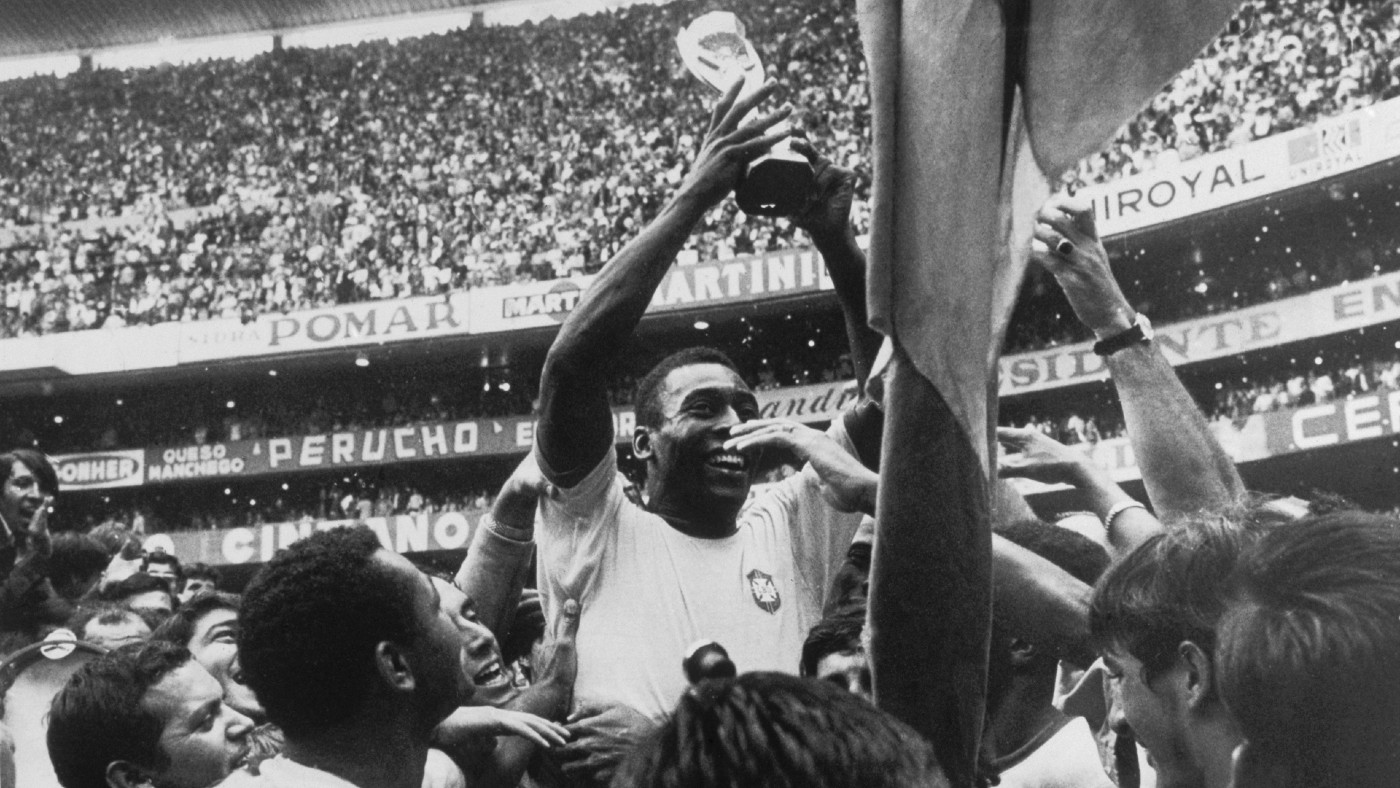 Pelé obituary: remembering the greatest footballer of all time
Pelé obituary: remembering the greatest footballer of all timeIn the Spotlight The Brazilian footballer, who died aged 82, was blessed with extraordinary skill in every aspect of the game
-
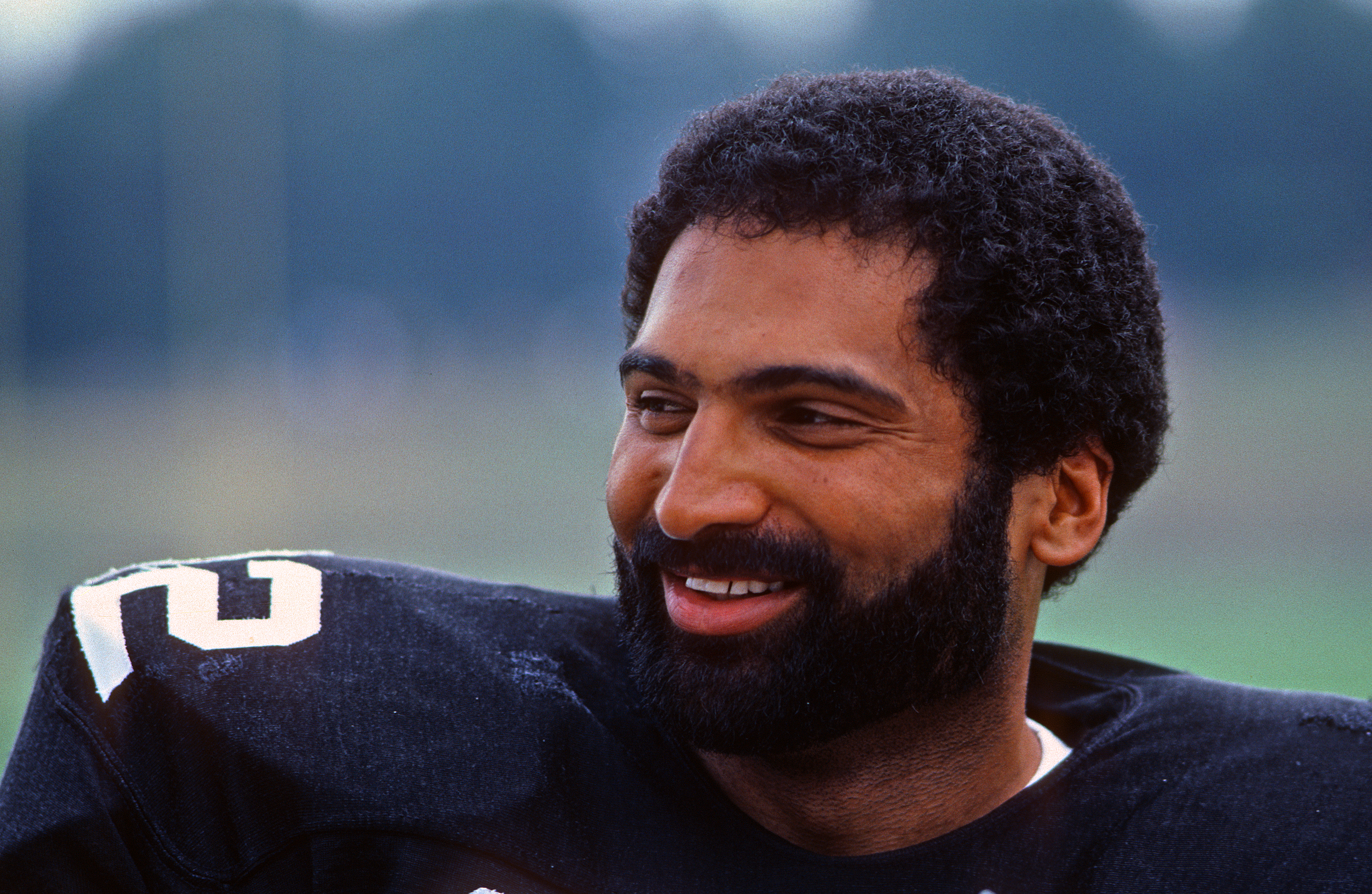 Franco Harris, legendary Pittsburgh Steelers running back, dies at 72
Franco Harris, legendary Pittsburgh Steelers running back, dies at 72Speed Read
-
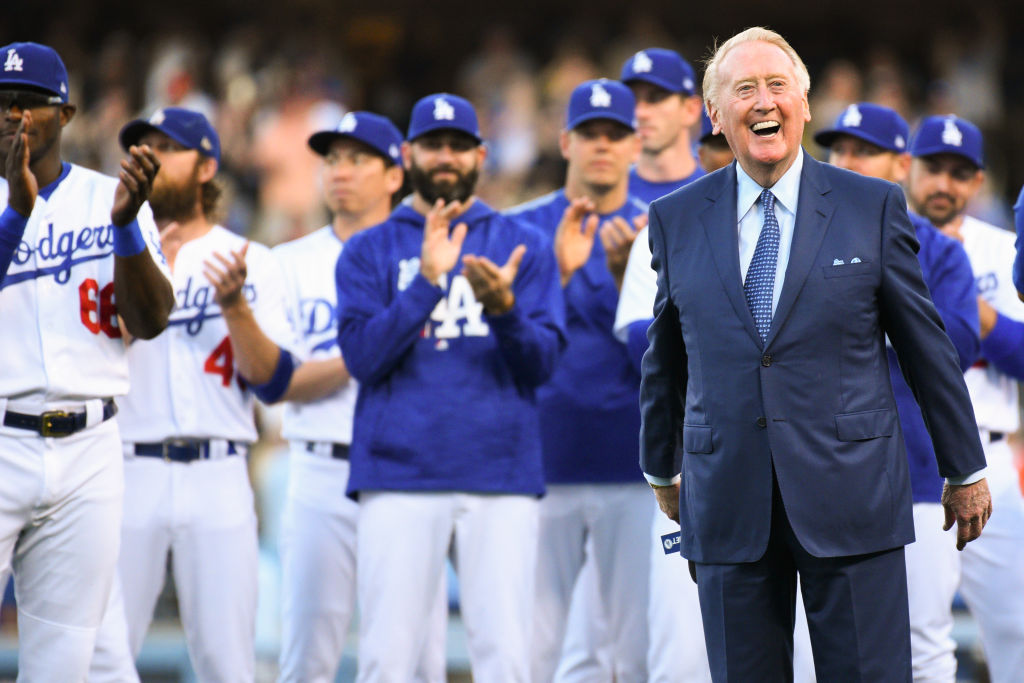 Vin Scully, legendary Dodgers broadcaster, dies at 94
Vin Scully, legendary Dodgers broadcaster, dies at 94Speed Read
-
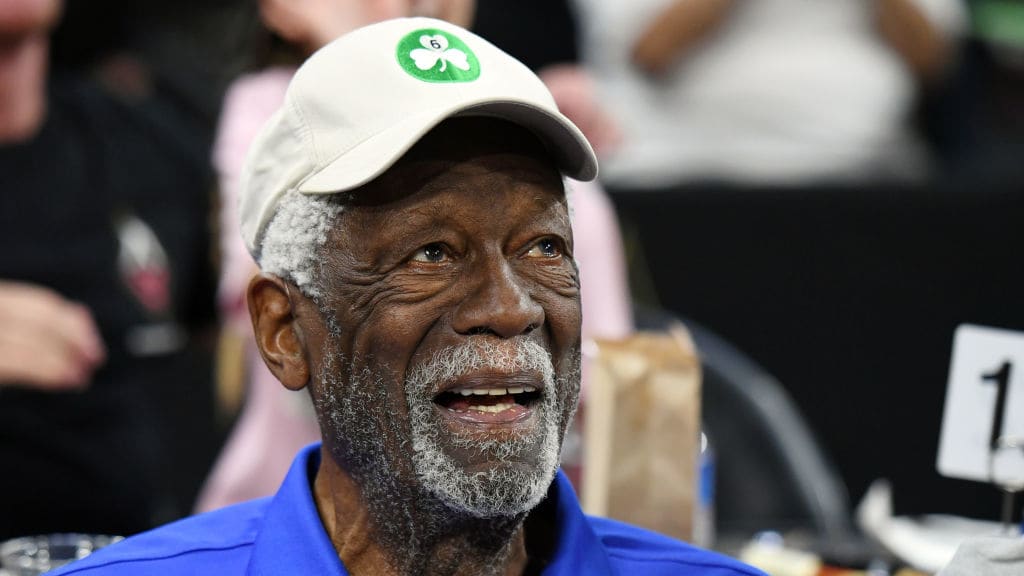 NBA champ and Celtics legend Bill Russell dies at 88
NBA champ and Celtics legend Bill Russell dies at 88Speed Read